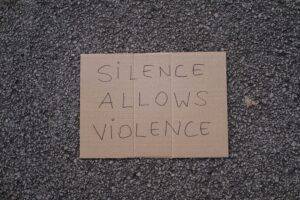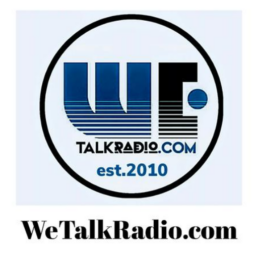Sexual Assault Awareness Month April 2021
Preventing sexual assault or sexual violence from happening is a community-wide effort and responsibility. The movement to end sexual violence began with (and continues to be driven today by) community advocacy, student activism, and grassroots community organizing. In cultivating this social change Sexual Assault Awareness Month (SAAM) has been playing an important role. Observed each April, SAAM is a campaign that aims to increase awareness about the causes and risk factors for sexual assault and empower individuals to take steps to prevent it in their communities. The SAAM campaign works with a variety of non-profit organizations and foundations to spread the message of awareness and prevention through educational programs, public events, and petitions for legislative action.
History of Sexual Assault Awareness Month
April 2021 marks the 20th anniversary of Sexual Assault Awareness Month (SAAM), but its history goes way beyond that. In the 1970s activists organized events on the national level to reduce sexual assault and violence against women and tried to bring this once considered a taboo, open for public discussion out of shadows, and shed light on the widespread problem of sexual assault.
In 1971, the first rape crisis center, Bay Area Women Against Rape was opened with the goals of providing counseling and advocacy for survivors and community education. This opened the way for more groups and organizations to form and in 1976, the first Take Back the Night Rally brought attention to Sexual Assault related issues. In 1994, Congress passed the Violence Against the Women Act (VAWA) to treat domestic violence as a crime, not as a private matter. VAWA was also designed to strengthen legal protections for victims of domestic violence and sexual violence as well as expand services to survivors and their children.
Sexual Assault related issues. In 1994, Congress passed the Violence Against the Women Act (VAWA) to treat domestic violence as a crime, not as a private matter. VAWA was also designed to strengthen legal protections for victims of domestic violence and sexual violence as well as expand services to survivors and their children.
The First official Sexual Assault Awareness Month once again brought the issue into public consciousness and revived the events and support groups that raised awareness and provide resources to survivors and those at risk. The Rape, Abuse, and Incest National Network (RAINN) supports a network of over a thousand rape crisis centers. The National Sexual Violence Resource Center was established in 2000 by the Pennsylvania Coalition Against Rape and the Center for Disease Control. In 2001, the NSVRC coordinated the first formally recognized national Sexual Assault Awareness Month campaign and still facilitates it today.
Sexual violence is an umbrella term that includes any type of unwanted sexual contact — either in person or online — including sexual assault, harassment, and abuse.
- Forms of sexual violence include:
- Rape or sexual assault
- Sexual harassment
- Sexual abuse
- Unwanted sexual contact/touching
- Sexual exploitation and trafficking
- Exposing one’s genitals or naked body to others without consent
- Nonconsensual image sharing
- Words and actions of a sexual nature against a person’s will and without their consent
- Sexual violence represents a range of behaviors
